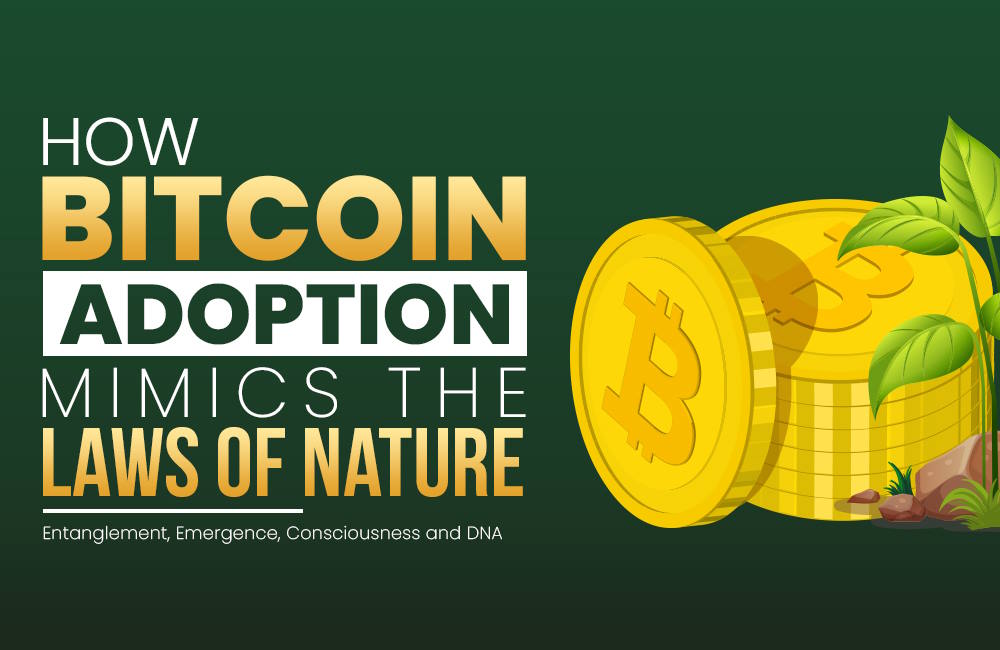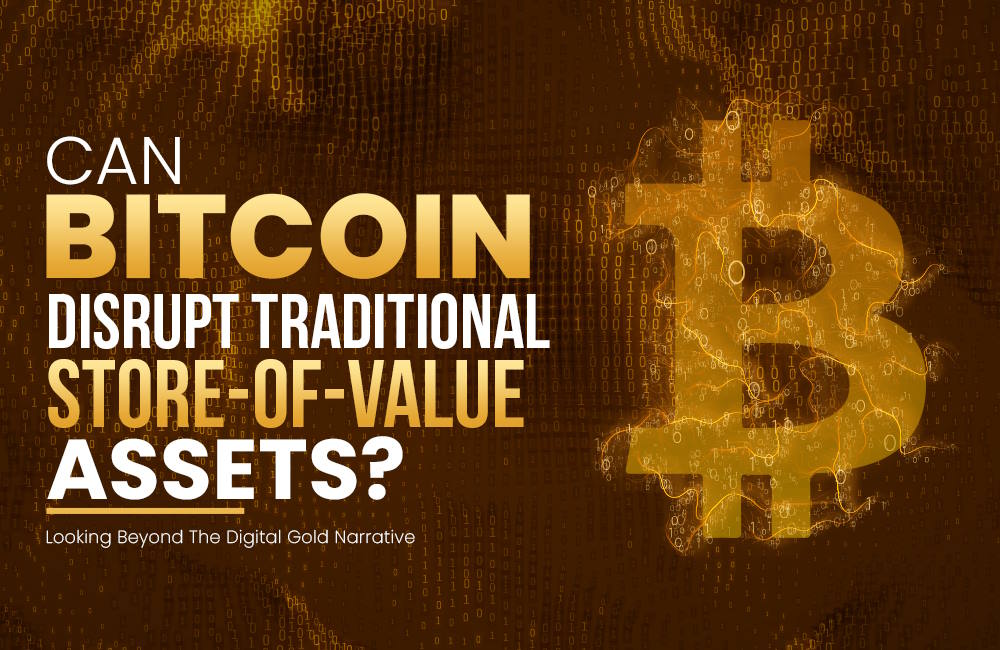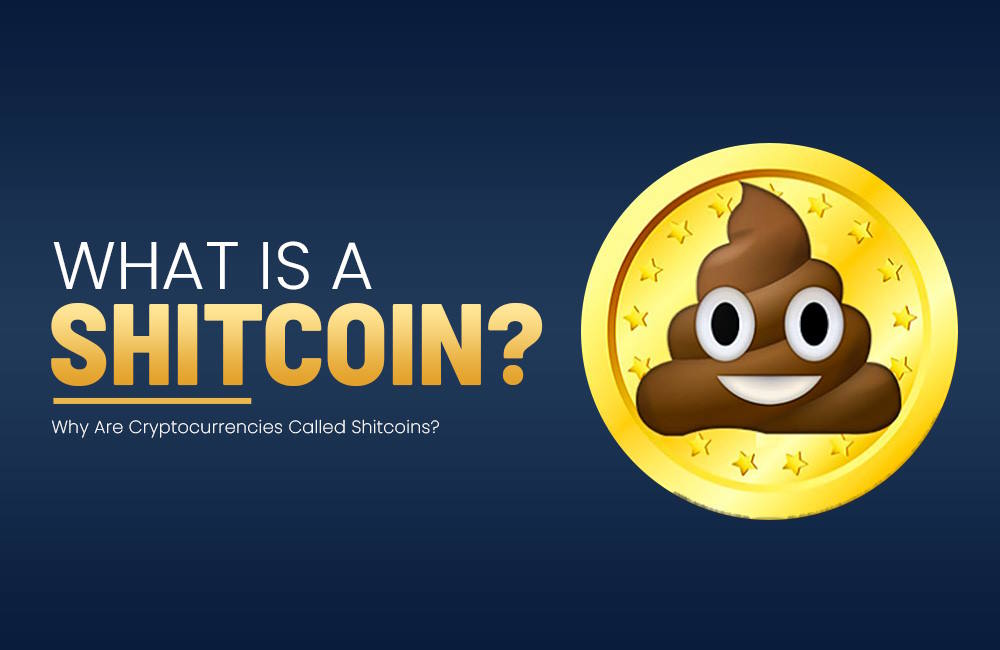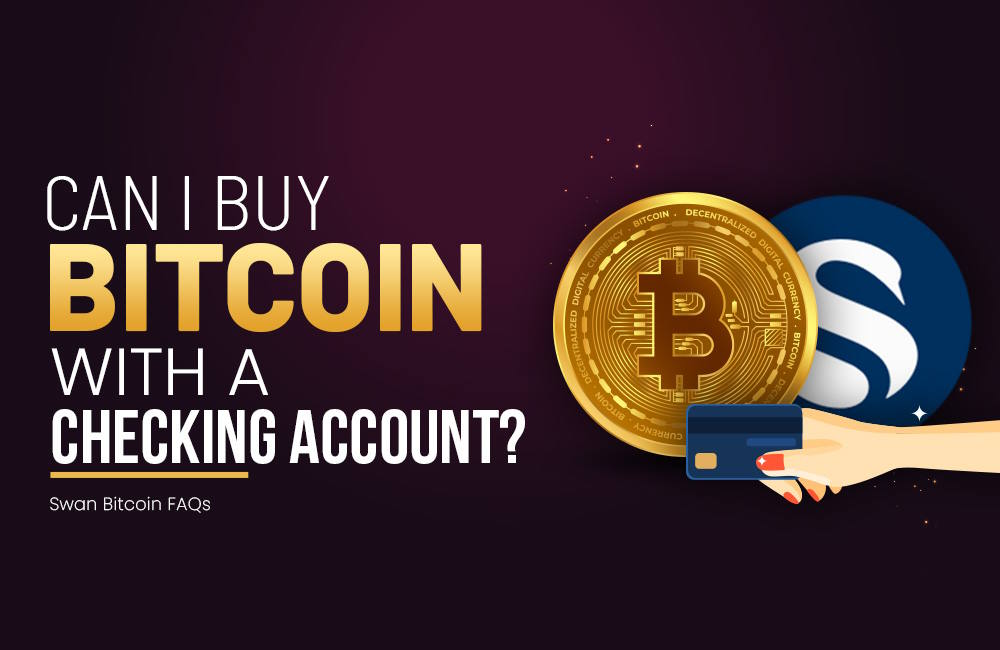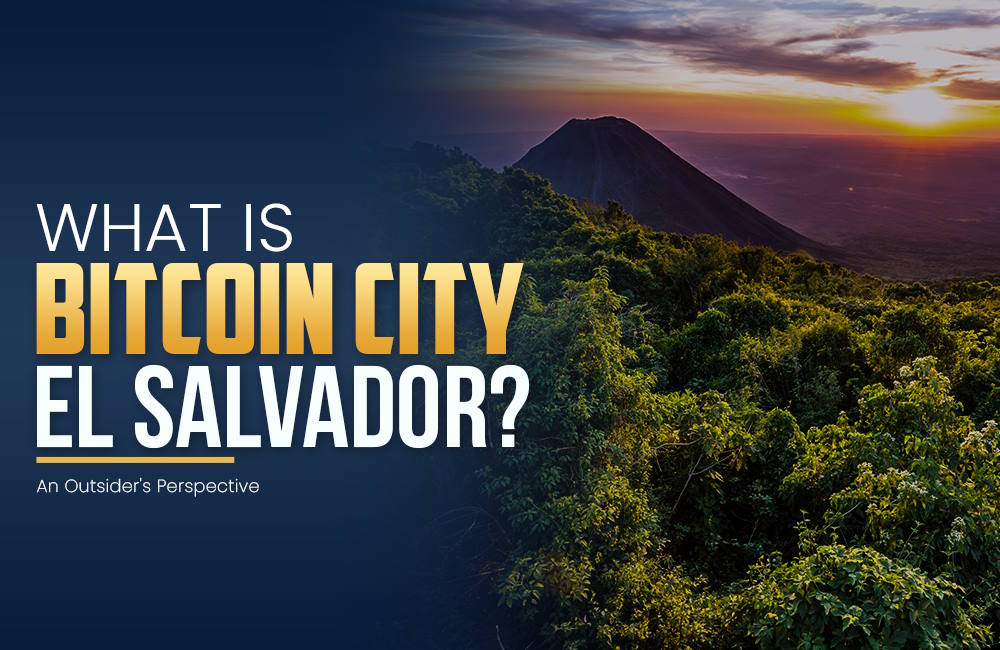
What is Bitcoin City El Salvador? An Outsider’s Perspective
If you’re interested in Bitcoin, you’ve more than likely heard about El Salvador, the first country to adopt bitcoin as legal tender, back in 2021. Amidst the flurry of changes to their national economy came the additional announcement of Bitcoin City, a futuristic vision for a city powered by Bitcoin and volcanic energy.
But away from the attention grabbing headlines, is a story of humanity and struggle that goes much deeper than digital currencies.
Back Where It Started: Bitcoin Beach
In 2019, California surfer Mike Peterson was in El Zonte looking to catch some waves on El Salvador’s Pacific coastline. Peterson had been volunteering in the region when an anonymous person communicating through an intermediary asked for his assistance in donating $100,000 to help boost the town’s economy. There was a catch though: the payment needed to be in bitcoin. The bitcoin was also meant to stay within the region and help create a circular economy.
Fast forward a few years and the small seaside town garnered a reputation as a Bitcoin tourist spot and business hub, which led to the nickname Bitcoin Beach and a website by the same name. Both the local and international interest in Bitcoin Beach soon caught the attention of El Salvador’s President Nayib Bukele.
The project continues to innovate and bring awareness to the merits of Bitcoin’s peer to peer payment network and its ability to enable people to take sovereign control over their wealth. Peterson runs a regular podcast from El Zonte and has contributed to numerous articles on the subject, such as this reflection of the original Bitcoin Beach white paper.
Legal Tender and Bitcoin City
In 2021 El Salvador made history by becoming the first nation in the world to adopt bitcoin as legal tender. First announced during the Bitcoin Miami conference on June 5, 2021, the Bitcoin Law came into effect on September 7, 2021.
The law made commerce with bitcoin an official choice for consumers, the alternative option being of course US dollars. Retailers however are not obliged to hold on to their received bitcoin; the option exists to have the cryptocurrency converted immediately into fiat within their payment app.
A few months after the legal tender announcement, Bukele brought forward the idea to build Bitcoin City, a futuristic urban development project powered by nearby volcano power. The geothermal energy would be used to power the Bitcoin mining facilities that would in turn provide economic growth for the region. Located at the base of the Conchagua volcano, the building of the city would be financed by government issued Bitcoin bonds. However, 2022 brought many challenges across the macroeconomic landscape and as such, development of the Bitcoin City project has been more or less at a standstill since its announcement.
Dismantling Biases
Up to here we’ve recapped mainstream news, but the story of El Salvador is multifaceted to say the least. The county’s image over the years has not been a clean one, with a long history of corruption, gang violence and street crime. The President himself has gained a reputation for being autocratic when dealing with these issues.
Moreover, the traditional monetary system did not look kindly to El Salvador undermining the status quo and deciding upon defining their own monetary policy. The result is an oftentimes biased image that is drawn of El Salvador in the Western media.
As for the crime rate, the numbers are decreasing rapidly. El Salvador’s infamous homicide rate has seen a sharp drop over the last few years, decreasing 92% from the period of 2015 to 2022. The country is now considered much safer than before, with only two other Latin American countries scoring safer rates (Nicaragua and Chile).
The drop in crime, coupled with welcoming tax laws for businesses and individuals, has seen the arrival of many foreign investors and private citizens, such as renowned Bitcoiners Max Keiser and Stacy Herbert. As Stacy mentions in a recent interview, the people of El Salvador are extremely warm and welcoming; ironically, the violent gang culture that has riddled Salvadoran society is in fact an export of the US jail system.
El Salvador’s Bitcoin Outlook
El Salvador opted for Bitcoin as they opted for a better future. A small nation highly dependent on its emigrant labor force could never be well suited to thrive in the current international monetary system. Choosing for Bitcoin puts Salvadorans in charge of their own future; it gives them the opportunity to be truly sovereign, independent of policies dictated by foreign offices.
El Salvador is but one example of how the Bitcoin network is being leveraged today to help humanity survive and ultimately thrive. If you’d like to learn more about what Bitcoin can offer to people around the world, this article offers some excellent insights: How Can Bitcoin Help Humanity?



